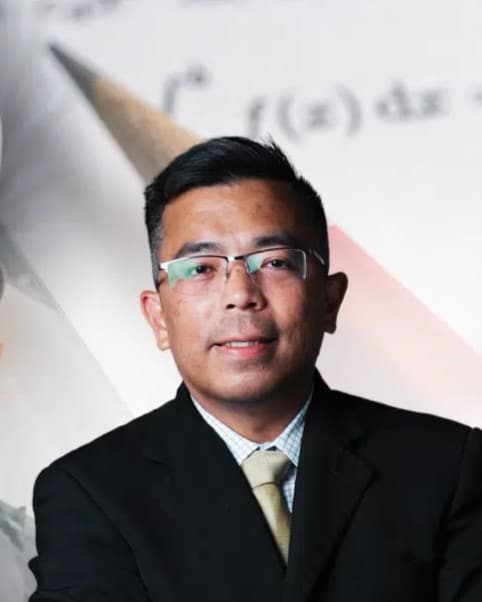First of all, as a disclaimer, I write this not to elevate myself, but to express my pride in representing Malaysia in general, and Universiti Teknologi Malaysia (UTM) in particular.
I had the honor of being the sole presenter from Malaysia at two prestigious international conferences: the Institute of Electrical and Electronics Engineers (IEEE) Frontiers in Education (FIE) Conference 2024 held in Washington, D.C., and the IEEE Global Engineering Education Conference (IEEE EDUCON) 2025 in London. I was proud to present research papers that had undergone rigorous peer review in front of scholars from around the world. When the program books were released, I was surprised to find that I was the only presenter from Malaysia. That realisation made me even more enthusiastic to give my best for my country and my university. At FIE 2024, I was placed in a session alongside scholars from several Ivy League institutions, including Cornell University, as well as other world top-ranking universities such as the University of Tokyo. I also volunteered to serve as a session chair for one of the parallel sessions, as I wanted to fully maximise my participation at the conference.
At EDUCON 2025, held at Queen Mary University of London, I shared the stage with academics from esteemed institutions such as the University of Cambridge and the National University of Singapore (NUS). Both conferences are among the most prominent in the field of education especially engineering education and focus on innovations and research in engineering and computing education. As an academic and researcher in mathematics education, my papers aimed to bridge mathematics education with key elements of the computing and engineering education fields.
At FIE 2024, I presented two papers. The one that sparked the most interest among attendees was a study on indigenous (Orang Asli) students in Malaysia. This research, funded by the Fundamental Research Grant Scheme (FRGS) under the Ministry of Higher Education (MOHE) Malaysia, explored effective mathematics teaching strategies and curriculum adaptations that respect the cultural and environmental contexts of Orang Asli communities. As a researcher in mathematics education, I discovered that the content of the mainstream mathematics textbooks is not well aligned with their lived experiences. Therefore, I proposed several strategies to support mathematics learning in these communities by incorporating elements of their culture and environment. Several attendees expressed curiosity and appreciation for this initiative, as it aligns with two Sustainable Development Goals (SDGs): Quality Education and Reduced Inequalities.
My second paper at FIE explored the readiness of pre-service mathematics teachers at the Faculty of Educational Sciences and Technology (FEST) to use Scratch, a popular educational application, for teaching mathematics. This skill is crucial for future teachers who will be engaging with digital-native generations. During the session, I emphasised that the education programs offered at the FEST, UTM, include several educational technology courses across all programs. This is one of the unique strengths of studying education at UTM—future teachers are equipped not only with content knowledge but also with technological competencies, giving them an edge compared to other institutions.
At EDUCON 2025, I presented a paper on the importance of contextual learning strategies in the mathematics classroom. Mathematics teachers frequently face questions from students such as, “Why do we need to learn mathematics?” or “How is mathematics relevant to our future careers or daily life?” These questions reflect broader concerns, especially in light of the worrying performance of Malaysian students in the 2024 Sijil Pelajaran Malaysia (SPM) examination, where Mathematics recorded one of the highest failure rates. Similar trends have been seen in Malaysia’s participation in international assessments such as Trends in International Mathematics and Science Study (TIMSS) and the Programme for International Student Assessment (PISA). Contextual learning strategies aim to help students connect mathematical concepts to real-life situations. In my presentation, I shared how these strategies can enhance students’ interest, confidence, and engagement in mathematics. I also highlighted the integration of educational technologies such as GeoGebra, which can significantly increase students’ enthusiasm and self-assurance in learning mathematics.
All in all, attending these two conferences was a deeply enriching experience. In line with UTM’s tagline, Innovating Solutions, I hope that my humble contributions will make a meaningful impact—particularly in improving mathematics education and outcomes among students. It was a great honor to represent Malaysia and UTM on such distinguished international platforms dedicated to innovation in engineering and computing education.
Assoc. Prof. Dr. Abdul Halim Abdullah
Faculty of Educational Sciences and Technology (FEST)
Universiti Teknologi Malaysia (UTM)



